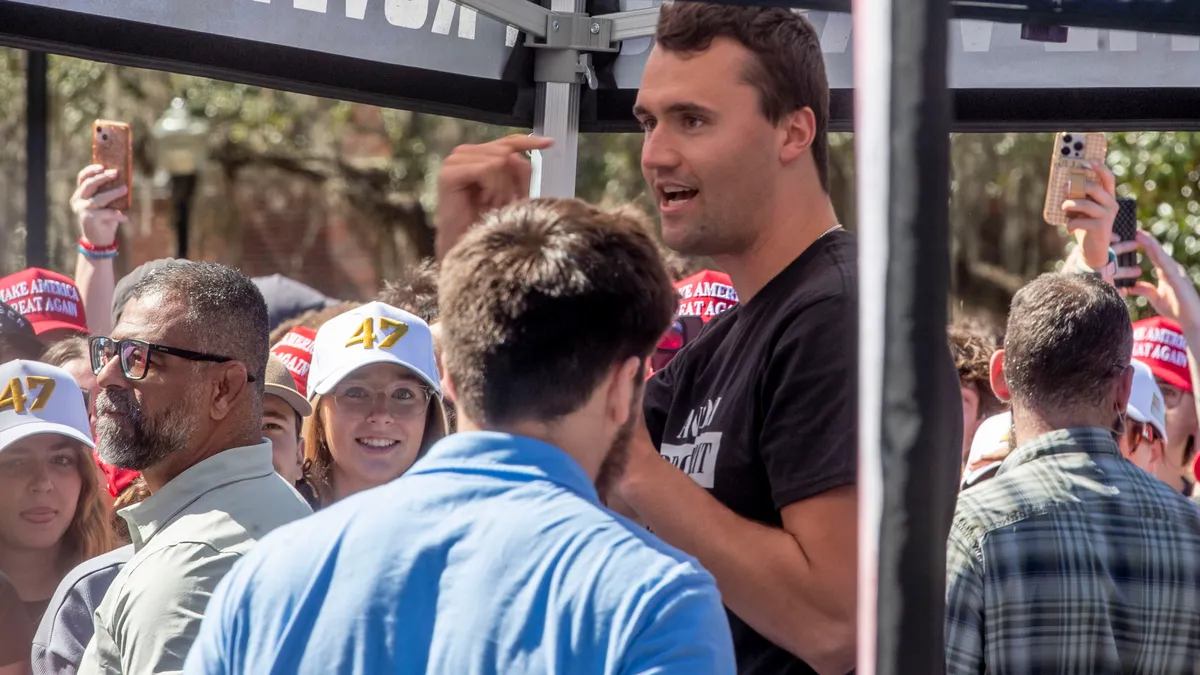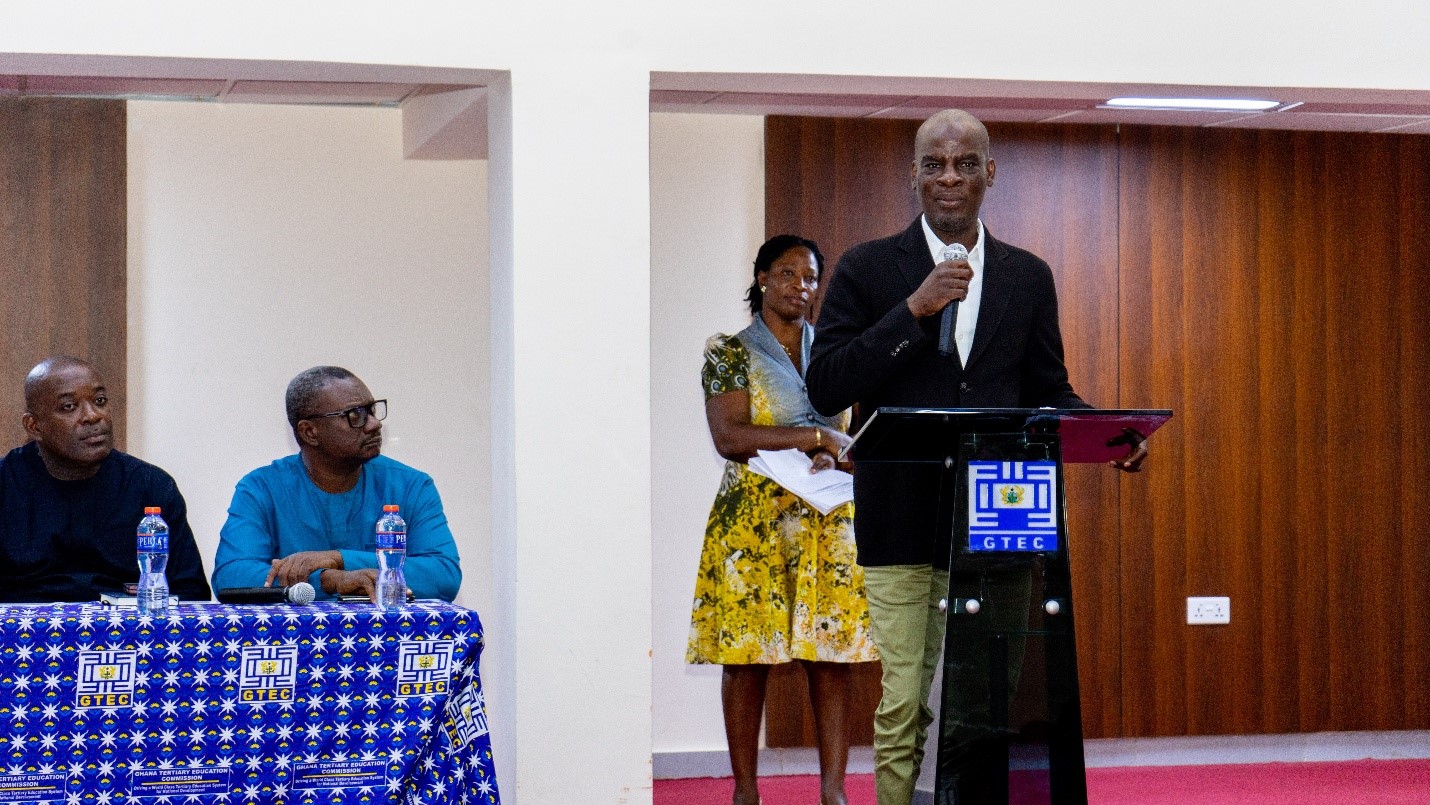California Public Charter Schools’ Independent Study Programs Can Insist on Secular Curricular Materials
By Eugene Volokh
Copyright reason

The Supreme Court has recently confirmed that the Free Exercise Clause does not prohibit a state from providing “a strictly secular education in its public schools.” Carson v. Makin (2022). Plaintiffs do not dispute this foundational principle but argue that the charter schools’ independent study programs are in substance private homeschooling, not public education. Plaintiffs then assert that because California could not exclude potential recipients of state grants for private homeschooling based on religious belief, it cannot refuse to honor their requests for funding of sectarian instruction….
We begin with an overview of the legal structure of the California charter school system. As a matter of California law, “charter schools are part of California’s single, statewide public school system.” Although the defendant charter schools are not operated by public school districts, they are overseen by public “chartering authorities” (school district governing boards) that “approve charters, supervise charter school operations, and revoke charters in the event particular standards and conditions [a]re not met.” Like other California public schools, charter schools cannot charge tuition; “cannot discriminate against students on the basis of ethnicity, national origin, gender or disability”; “must meet statewide standards and conduct pupil assessments applicable to pupils in noncharter public schools”; must provide instruction meeting the same statewide standards as other California public schools; and must hire state-certified teachers. And charter schools are “eligible equally with other public schools for a share of state and local education funding.” …
[N]ot all government decisions that engender religious objections impose burdens on religion that fall afoul of the Free Exercise Clause. As the Supreme Court made clear in Carson, a state’s decision to provide a “strictly secular” public education does not do so. Secular public education neither “coerce[s]” parents “into violating their religious beliefs” nor denies religious parents “an equal share of the rights, benefits, and privileges enjoyed by other citizens.”
The parties dispute whether the funding and materials California provides to parents for use in independent study programs are a generally available public benefit. But even assuming that they are, the programs at issue in this case are sufficiently public to allow California to condition participation on parents’ use of secular curricula.
The status of those programs under California law as part of the state system of public education is consistent with the critical features that the Supreme Court found characteristic of public schools in Carson. There, although Maine argued that its program was equivalent to funding a secular public education, the Court identified several important distinctions between public schools and the private schools for which the program paid tuition. First, Maine public schools, unlike the state’s private schools, “have to accept all students.” Second, public schools, unlike private schools, are free to attend. Third, public schools must follow extensive state-imposed curricular requirements, while private schools are “subject only to general standards and indicators governing the implementation of their own chosen curriculum” and “need not administer the annual state assessments.” Fourth, “other distinctions,” like that public schools must “hire state-certified teachers,” separate the two.
The independent study programs at issue here [unlike California private schools, including private homeschooling programs,] share the features of public education that the Court emphasized in Carson. [Details omitted. -EV] …
Plaintiffs have alleged, and we take as true, that the defendant charter schools provide parents great flexibility to choose which pre-existing curricula to use to educate their children, or to create their own. But with that flexibility comes substantial legal constraints not applicable to private schools.
Plaintiffs also emphasize that, unlike in Maine’s (and most) public schools, students in the independent study programs receive instruction in their homes, and the direct educators are their parents. But in contrast to private homeschooling, parents in independent study programs can teach only under the supervision of state employees. The extensive legal requirements applicable to the defendant charter schools’ independent study programs make the programs sufficiently public to defeat Plaintiffs’ free exercise claim.



